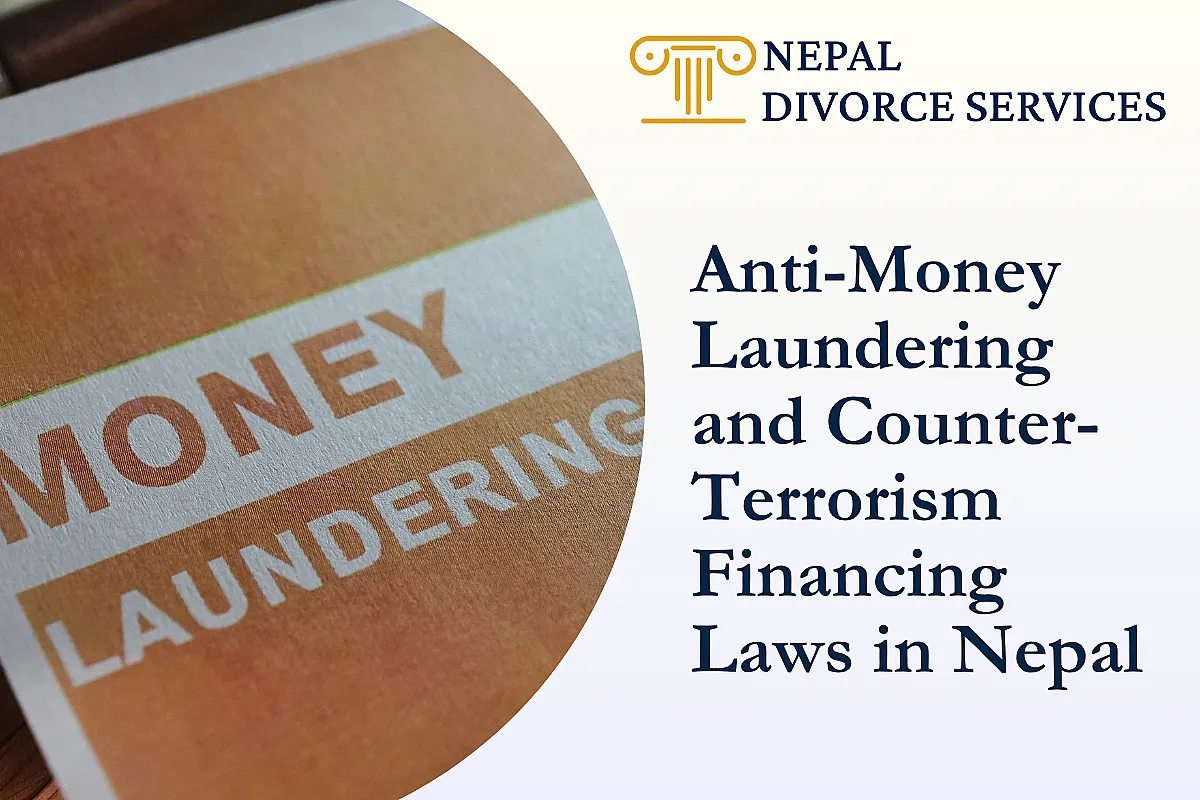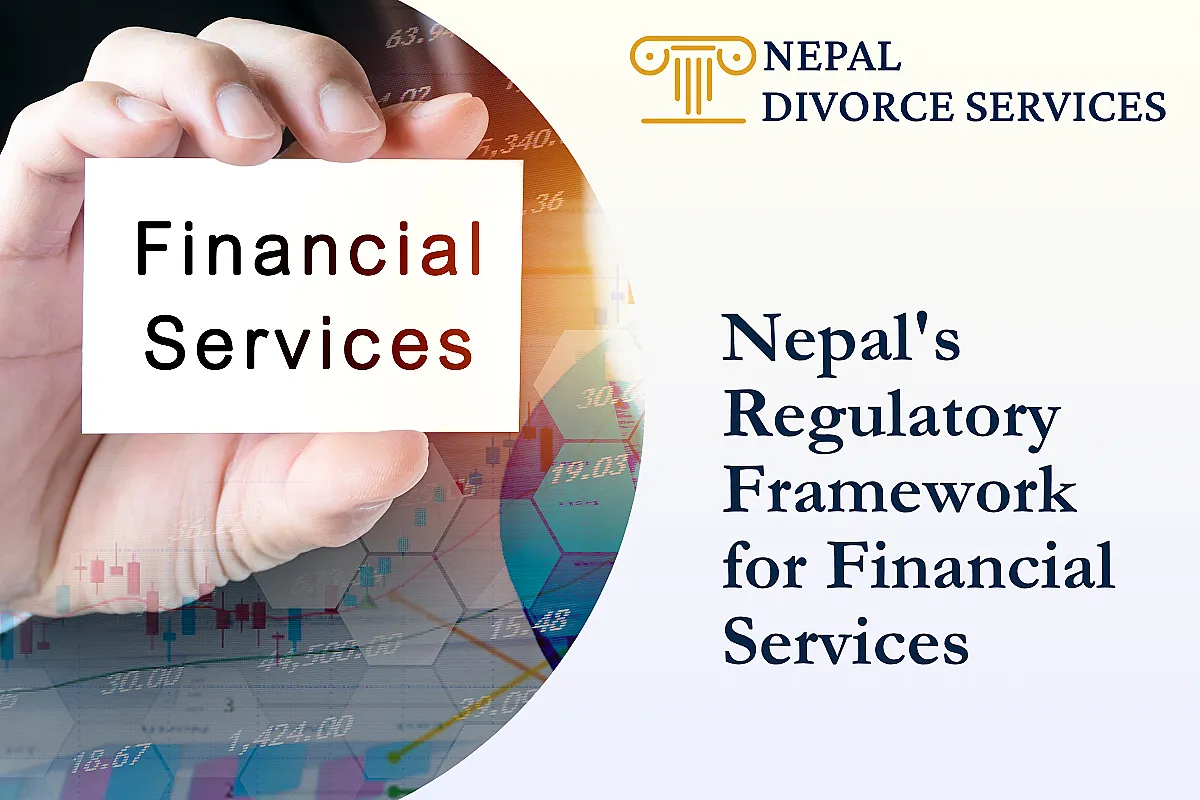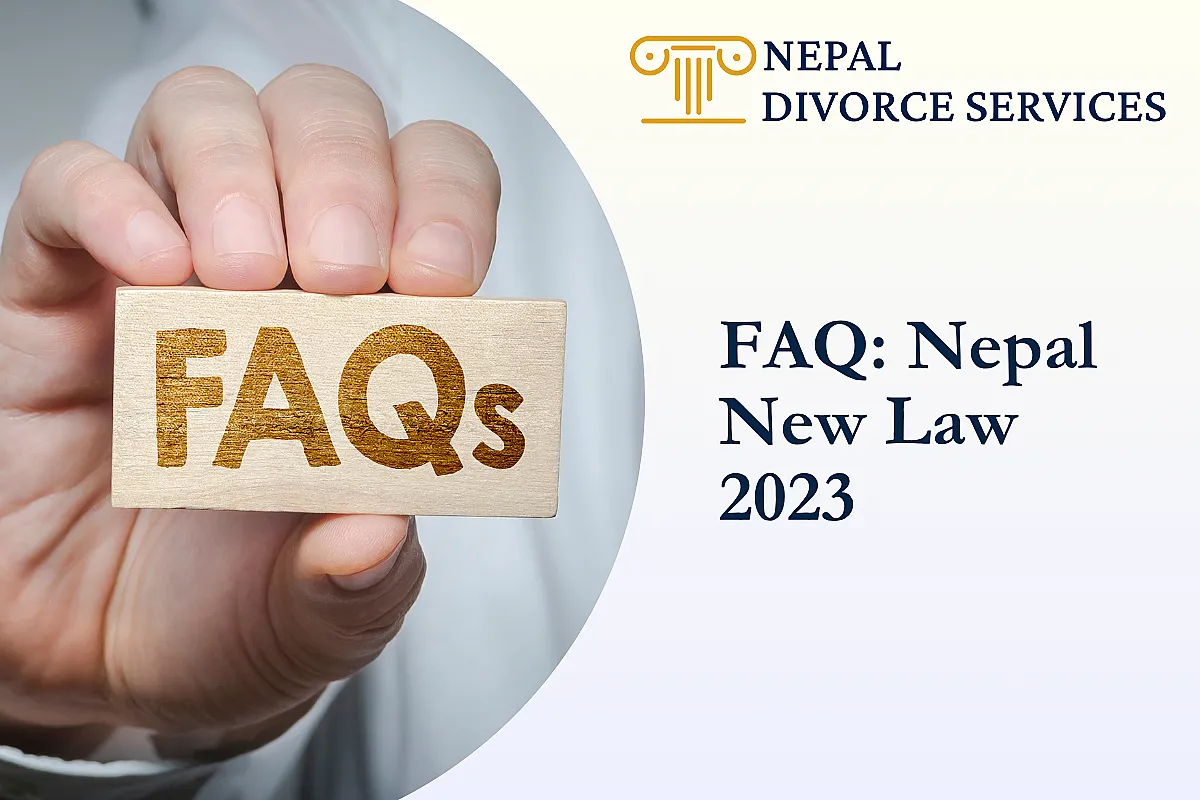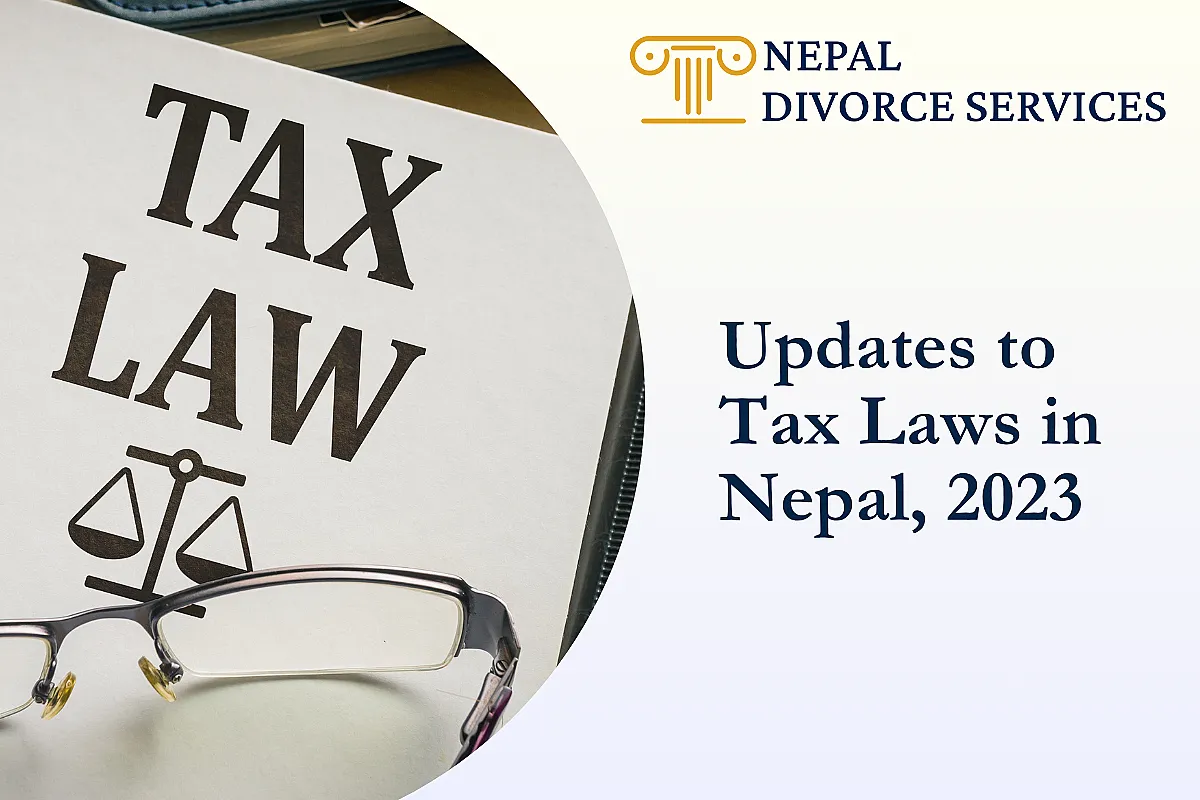Our Blog
- Home
- Blogs
Anti-Money Laundering and Counter-Terrorism Financing Laws in Nepal
Anti-Money Laundering and Counter-Terrorism Financing Laws in Nepal are the legal framework that aims to prevent and combat the crimes of money laundering and terrorism financing in Nepal. Money laundering is the process of concealing or disguising the origin, source, location, ownership or control of money or assets that are derived from criminal activities. Terrorism financing is the process of providing or collecting funds, directly or indirectly, with the intention or knowledge that they will be used to carry out terrorist acts or support terrorist organizations.
Nepal's Regulatory Framework for Financial Services
Nepal's Regulatory Framework for Financial Services is the set of laws, rules and institutions that govern the financial sector in Nepal. The financial sector in Nepal consists of various types of financial intermediaries, such as banks, financial institutions, cooperatives, microfinance institutions, insurance companies, capital market entities, etc. The regulatory framework for financial services aims to ensure the stability, efficiency, transparency and inclusiveness of the financial system, as well as to protect the interests of the financial consumers and the public.
FAQ: Nepal New Law 2023
Nepal New Law 2023 is a term that refers to the changes and amendments made to the existing laws and regulations by the government of Nepal for the fiscal year 2023/24 (2080/81). The new law 2023 is announced through the Finance Bill, which is presented by the finance minister along with the annual budget. The new law 2023 may also include other bills that are passed by the parliament or enacted by the president during the fiscal year.
Updates to Tax Laws in Nepal, 2023
Updates to Tax Laws in Nepal, 2023 are the changes and amendments made to the existing tax laws and regulations by the government of Nepal for the fiscal year 2023/24 (2080/81). The updates to tax laws are announced through the Finance Bill, which is presented by the finance minister along with the annual budget. The updates to tax laws are intended to increase revenue collection, promote economic growth, encourage investment, support social welfare, and align with international standards and practices.
Human Rights in Nepal
Human Rights in Nepal are the rights and freedoms that are guaranteed to all Nepalese people by the constitution, laws and international treaties. Human rights include civil and political rights, such as freedom of expression, assembly, association, religion and fair trial, as well as economic, social and cultural rights, such as right to education, health, work, food and social security. Human rights also include the right to live with dignity, equality and non-discrimination. Human rights are essential for democracy, development and peace in Nepal.However, human rights in Nepal face many challenges and violations, especially in the context of the decade-long armed conflict between the government and the Maoist rebels from 1996 to 2006, which resulted in thousands of deaths, disappearances, displacements and abuses by both sides. The conflict also affected the human rights situation in terms of poverty, health, education, gender equality and social inclusion. Despite the signing of the Comprehensive Peace Agreement in 2006 and the promulgation of the new constitution in 2015, human rights issues remain unresolved and unaddressed in Nepal.





